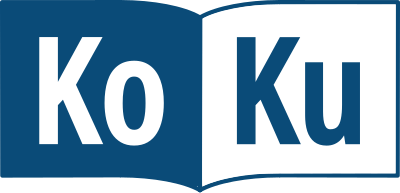Learning today. Caring for tomorrow.
The purpose of the KoKu program is to
foster students’ deep understanding and skills in STEM-related subjects
and develop their 21st century character and capabilities,
using inquiry-oriented pedagogies that support and prepare students to be
curious, critical, and creative
stewards of the resources, including environmental and cultural, in their world.
The program is designed for students in classes 7-10 of schools that follow the Indonesian national curriculum. More specifically, the KoKu program focusses upon learning in the curriculum’s STEM-related subjects of Mathematics, Natural Science, Social Science, and Technologies (Informatika and Prakarya), and the development of learners’ 21st century character and capability (their graduate competencies) through project-based learning.
Let’s explore the ideas of KoKu in more detail.
STEM-related subjects
Koku, for Grades 7-10, provides a thematic program for learning in:
> Mathematics
> Science, including Physics, Chemistry, Biology, and Earth and Space.
> Social Science, focussing on Geography and Economics
and
> Informatika and Prakarya through the integrated subject Designed and Digital Solutions.
Each term, students complete one or more learning modules in each subject. Through these modules, students develop their understanding, ways of working, and communication skills in relation to each subject’s knowledge. The knowledge covered in each module is carefully sequenced to create opportunities for students to make conceptual connections within and between subjects.
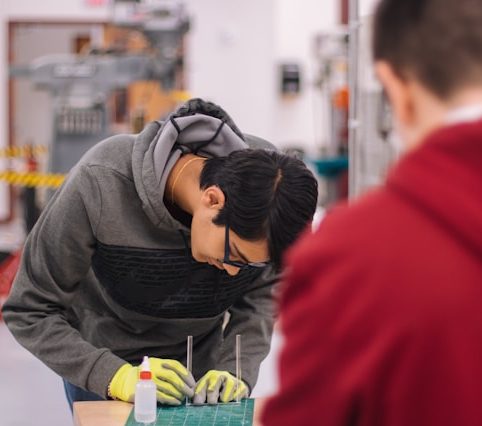
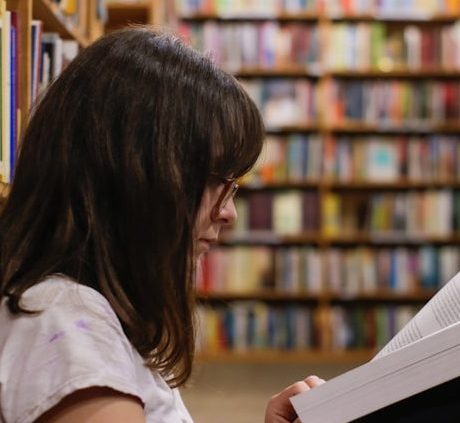
Deep understanding and skills
Guided by the New Taxonomy of Educational Objectives (Kendall and Marzano, 2007), the KoKu program develops students thinking at low, mid and high orders.
> At the low-order, students recognise and recall ideas and use or follow procedures.
> At the mid-order, students interpret and create representations of knowledge, they analyse knowledge as they sort, compare and classify ideas, and they construct new knowledge in the form of generalisations, inferences, predictions, and conclusions.
> At the high-order, students apply their understanding of subject knoweledge to make decisions, solve problems, and conduct experiments and investigations.
Additionally, students develop language related knowledge and skills as they communicate with their teachers, peers, and other audiences about their understandings and experiences in each subject.
Students’ understanding and skills in relation to the knowledge of each subject develop primarily within the subjects, but are also consolidated and extended as they participate in the Character and Capability Project learning activities.
21st century character and capability
In the KoKu program, students develop their character and capability (in accordance with the national curriculum’s graduate competencies). This includes development of their:
> understanding of diverse cultures and systems of beliefs
> independent thinking and self-reliance
> skills in collaboration with peers
> critical thinking and problem solving
> creativity and innovation
> communication with peers and others in varios formats
Additionally, the program develops learners’ digital literacy in both their subject learning and the CCPs.
In the KoKu program, the Character and Capability Projects (CCPs) are the primary means to develop students’ 21st century character and capabilities, which is complemented by the students’ learning in each subject.
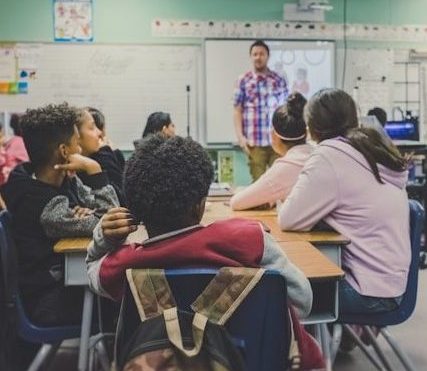
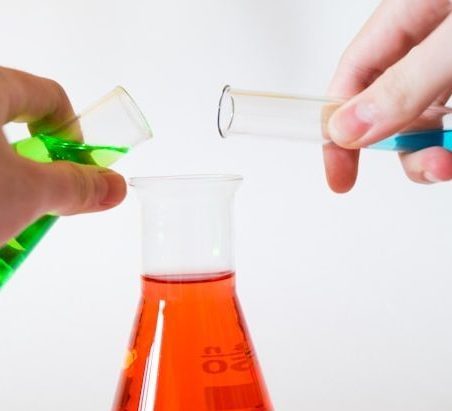
Inquiry-oriented pedagogy
The KoKu program uses a balanced mix of more traditional explicit teaching pedagogies alongside more contemporary inquiry-oriented pedagogies, in both the STEM subjects and in the Character and Capability Projects.
Explicit teaching provides an effective way to develop students’ low-order thinking and understanding about subject-matter.
Inquiry-oriented pedagogies (such as project-based learning, science investigations and research activities, mathematical modelling and problem solving, and design and engineering challenges) provide students with the necessary opportunities to engage in higher-order thinking as they transfer their understanding of subject-matter to new situations.
Students’ higher-order thinking is especially encouraged during the Character and Capability Projects. Whilst the purpose of these projects is to develop character and capability, they nevertheless provide substantial opportunities for students to apply their understanding of subject-matter in complex and novel ways.
Curious, critical, and creative
To act for the betterment of this world begins with asking the question, why? From this curiosity about the world around them, students begin to think critically about their observations and experiences to answer their questions, and from that develop creative innovations that improve their lives and the lives of others.


Stewards of the resources in their world
In the KoKu program, each term’s theme is based upon one or more of the United Nation’s Sustainable Development Goals.
The ideas of each term’s theme permeates the teaching and learning of the STEM subjects: the theme can provide context to situate students’ learning about the knowledge of each subject and the development of their subject-specific ways of working.
The term’s theme also provides the basis for the term’s Character and Capability Project, in which students are presented with a question, problem or challenge that requires them to apply their understanding as they respond. Through this theme-based project students will develop one or more aspects of their character and capability.
In both the subjects and CCPs of the KoKu program, students will be challenged to consider the various envionmental, social, and spiritual issues faced by today’s society, and consider how their own actions can potentially improve the lives of themselves and of others.
In short
The KoKu program is summarised by its tagline.
Learning today. Caring for tomorrow.
By carefully organising the themes, subjects, and character and capability projects, the KoKu program guides students to develop their understanding and skills and to consider how they can positively impact the future.
